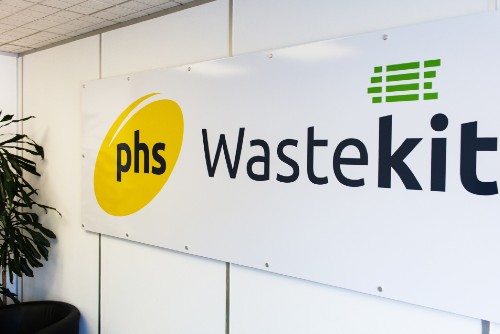Why choose phs Wastekit?

At phs Wastekit our goal is simple; we want to help businesses become more efficient by reducing the cost of their waste disposal in a way that complies with UK laws and is environmentally friendly.
Regardless of the size or sector of your business, we have a range of waste handling solutions that can streamline your waste management process while saving you money. We won’t just deliver the machine and walk away. We style ourselves as partners to our clients and will work with you to meet your budget and business requirements.
At phs Wastekit, we are proud to offer a range of baling and compacting equipment to suit every type of business, but why should you choose to work with us?
Save Space, Reduce Waste
Black bags are often full of dead space and piled up carboard boxes can take up a surprising amount of room. Our range of balers and compactors are proven to reduce waste value, create extra floor space, and save you money.
Make Waste Disposal Easy
Our machines are designed to be easy to use, so that they can fit seamlessly into the operations of any organisation. All our machines are made from durable materials and have gone through a stringent quality control process to make sure they’re sturdy and reliable.
Nationwide Servicing
From our headquarters in Birmingham we are perfectly placed to service clients throughout the UK and are also supported by teams of regional technicians. For businesses with multiple locations across the UK, we will provide you with a dedicated account manager that covers all sites to ensure you get the best deal possible.
Expert Technicians
Our highly-skilled technicians are always available to provide undertake ongoing servicing and maintenance work, ensuring your machines are working as reliably and as efficiently as possible. We offer a three-tier service and maintenance program, that includes out-of-hour breakdown response.

Try our Waste Saving Audit
Our free Waste Saving Audit is designed to give you a clear understanding of the way your business currently handles its waste disposal, while identifying opportunities for improvement and ways to cut costs. The audit will also give you the opportunity to trial our recommended baler solution.
Contact us today to book your no-obligation Waste Saving Audit.